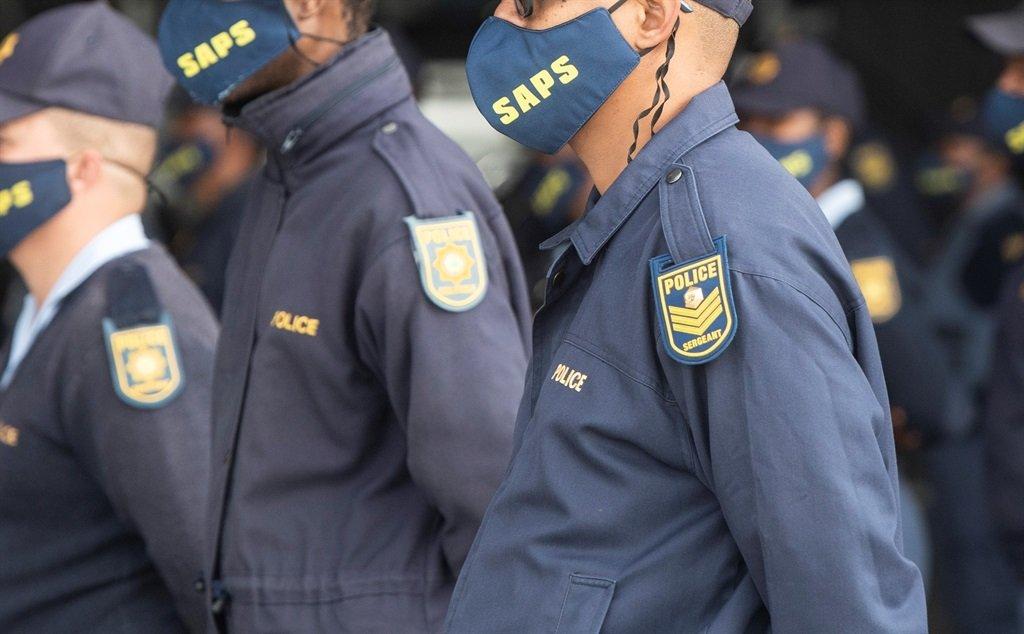Africa-Press – South-Africa. The July unrest and policing the 2021 municipal elections were some of the major events that sucked into the South African Police Service’s (SAPS) R1.5 billion budget for overtime.
On Wednesday, SAPS management briefed the Portfolio Committee on Police on the findings of the SAPS organisational climate survey.
Various policing unions also shared their inputs and results of the survey.
Officers previously raised promotions, physic support, and morale issues in the survey.
Overtime pay was another matter of concern raised by officers.
Divisional commissioner for human resource management Lieutenant General Lineo Ntshiea briefed the committee on the funding allocated for overtime pay.
Top cop disappears with state car after failing to produce proof of qualifications following promotion
“Overtime allocation in the previous financial year 2021-’22 was R1.513 billion, and R1.549 billion was spent. This allocation was inclusive of the allocation for the local government elections and policing of the July unrest. The baseline allocation for the 2022-’23 financial year is R704 million, and there will be 100% spending. In the case of any unpaid overtime claims, the affected members must immediately submit the overtime claims in question for processing and payment of the benefits,” she said.
According to Ntshiea, the processing of overtime claims has been decentralised to provinces and divisions since 1996.
The SAPS financial management services only capture claims exceeding 30% of the basic salary.
She said:
Furthermore, Ntshiea said between 2018 and March 2022 more than 60 000 police officers were promoted or “grade progressed”.
“Approximately 5 000 promotions and 8 607 grade progressions are planned for the 2022-’23 financial year, subject to the availability of funds. Grade progression does not increase the number of the establishment but is a form of boosting morale and retention of employees. The current promotion-grade progression policy is already under review at the Safety and Security Sectoral Bargaining Council (SSSBC),” she added.
Ntshiea said the SAPS retention policy, approved by the national police commissioner in 2017, was being implemented.
“Employee retention is about seeking and retaining people with the right competencies for the right job, at the right time. It requires a management approach that takes all factors, both inside and outside the SAPS, into account and is linked to human resource management (HRM) practices. The staff retention policy refers to a process that systematically closes the gap between the talent SAPS has and the talent it needs to successfully achieve its organisational goals,” she said.
Higher salaries are offered to employees with scarce and critical skills, who receive job opportunities with higher salaries in other departments or the private sector.
She said:
In respect of the morale of police officers, Ntshiea said the police have been losing members due to retirement, resignations, and death.
“The replacement of such losses has been lower than the exits, which might be a factor contributing to SAPS members’ low morale,” she said.
In its submission, the South African Policing Union said the non-payment of overtime remained a concern.
“The overtime allocation for SAPS for the 2022-’23 financial year amounts to R739 million. This amount must cover all provinces, divisions and components within SAPS. It is clear that the allocation is not nearly sufficient to cover the overtime duties required in SAPS,” it said.
For More News And Analysis About South-Africa Follow Africa-Press






